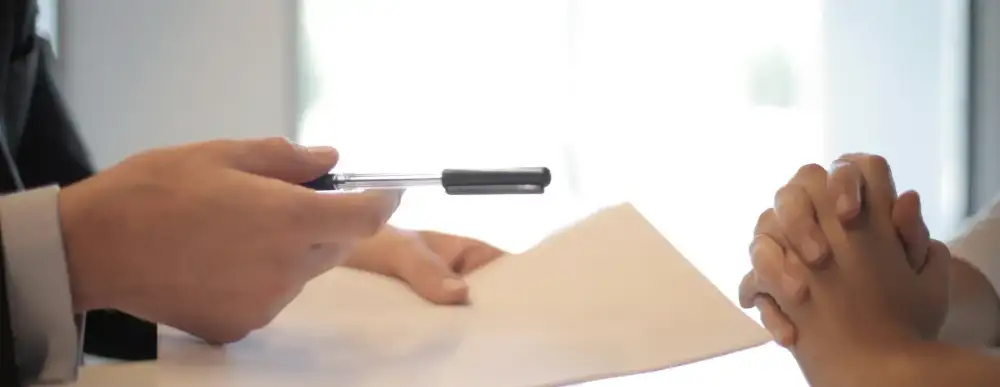Long before the events of today, I lived in the world of “yeah, but. . .” or “but, dad. . .”, yes I am “but, dad. . .” I am sure there are plenty of parents who hear “yeah, but. . .” who are reading this article–you know who you are. What does it mean, to be a “yeah, but. . .” individual? I have a preteen. Now, you don’t necessarily have to be a preteen or teen to be a “yeah, but. . .” responder; you can have an adult child, your partner could be fluent in “yeah, but. . . ”, and even you yourself could be a “yeah, but. . .” responder. I am pretty sure my significant other would say that on more than one occasion I have been a “yeah, but. . .” individual. To be more specific, when we respond with “yeah, but. . .”, we are being willful and dismissing. Sometimes we might pretend to have heard, but we are preparing to invalidate with a rebuttal.
With the events of the last couple of months concerning COVID-19 changing not only the nation, but our world, it has impacted not only our state of Idaho, but more specially our communities of southeastern Idaho. We receive updates daily (sometimes hourly) concerning the impacts and restrictions, such as school closures, church closures, limitations on group sizes, and eventually the stay at home order and the closing of nonessential businesses. With each of these updates, we are directly impacted in one way or another, and it becomes essential to be able to identify our emotions, which can be a difficult task. So, what does this have to do with “yeah, but. . .”.
Willfulness is a lack of acceptance of reality: it is knowing what the reality is and choosing to not accept it as it is. It is a “yeah, but. . .” response. It is not looking for solutions or problem solving, it is trying to control things outside of our control, attempting to get situations or others to bend. You do not have to be okay with the situation you find yourself in to choose acceptance; I am certain most of us are not happy concerning the current events, and our willfulness only results in misery.
Willingness, then, is the exact opposite: it is the acceptance of reality, choosing to accept, that it is what it is. As we practice willingness, we throw ourselves completely into the situation, we exercise having awareness of our emotions, staying present in the moment, and attempt to remain nonjudgmental concerning events.
So, how does this apply to recent events? Our lives have literally been altered, in some way or another. Some have work or school that have been closed, some are struggling with physical or emotional health concerns, and some are struggling financially. It can be a struggle to apply simple changes in our day-to-day lives. As we identify the number of struggles in our lives, willfulness becomes another struggle that we can remove. Again, willfulness is a lack of acceptance of reality as it is, whereas willingness is not the dismissal of emotions or the physical struggles, as we allow ourselves to feel what we our feeling, and to validate our emotions, without judgment. It will begin the process for us to become willing–willingness to accept reality as it is, to not be stuck in the additional misery of willfulness.
As we practice willingness, we become able to be effective in working towards a goal. Willing to ask questions, find solutions, willing to seek help during this time of struggle. Willingness does not make an undesirable situation desirable; instead, willingness is a practice of the acceptance of reality, to fully participate in the solution, and to stay out of the “yeah, but…” approach.
Jacob L Comstock is an LCSW at Health West, Inc. in Pocatello. Living in Idaho a majority of his and has worked in mental health for over 10 years. He got his bachelor’s from Idaho State and master’s degree Walla Walla University in Social Work.

Minding Your Child’s Mental Health – Turning School Blues into School Smiles







